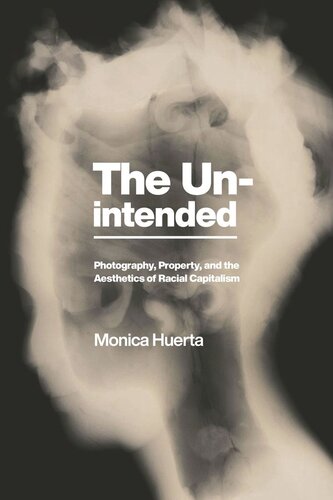

Most ebook files are in PDF format, so you can easily read them using various software such as Foxit Reader or directly on the Google Chrome browser.
Some ebook files are released by publishers in other formats such as .awz, .mobi, .epub, .fb2, etc. You may need to install specific software to read these formats on mobile/PC, such as Calibre.
Please read the tutorial at this link: https://ebookbell.com/faq
We offer FREE conversion to the popular formats you request; however, this may take some time. Therefore, right after payment, please email us, and we will try to provide the service as quickly as possible.
For some exceptional file formats or broken links (if any), please refrain from opening any disputes. Instead, email us first, and we will try to assist within a maximum of 6 hours.
EbookBell Team

4.3
88 reviewsReimagines photography through the long history of ideas of expression
The end of the nineteenth century saw massive developments and innovations in photography at a time when the forces of Western modernity—industrialization, racialization, and capitalism—were quickly reshaping the world. The Unintended slows down the moment in which the technology of photography seemed to speed itself—and so the history of racial capitalism—up. It follows the substantial shifts in the markets, mediums, and forms of photography during a legally murky period at the end of the nineteenth century. Monica Huerta traces the subtle and paradoxical ways legal thinking through photographic lenses reinscribed a particular aesthetics of whiteness in the very conceptions of property ownership.
The book pulls together an archive that encompasses the histories of performance and portraiture alongside the legal, pursuing the logics by which property rights involving photographs are affirmed (or denied) in precedent-setting court cases and legal texts. Emphasizing the making of “expression” into property to focus our attention on the failures of control that cameras do not invent, but rather put new emphasis on, this book argues that designations of control’s absence are central to the practice and idea of property-making.
The Unintended? proposes that tracking and analyzing the sensed horizons of intention, control, autonomy, will, and volition offers another way into understanding how white supremacy functions. Ultimately, its unique historical reading practice offers a historically-specific vantage on the everyday workings of racial capitalism and the inheritances of white supremacy that structure so much of our lives.